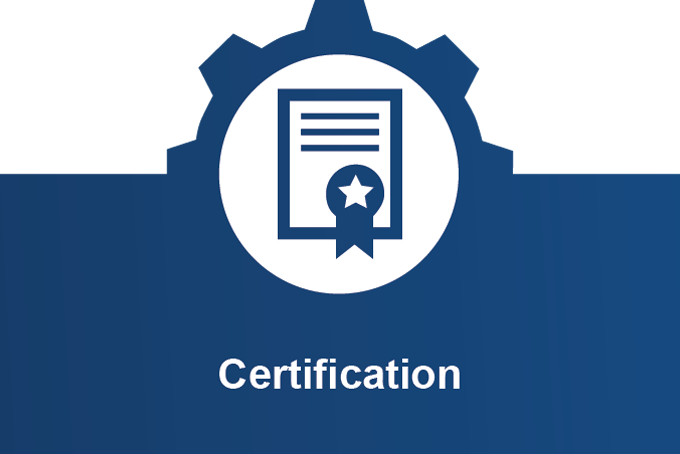According to Benjamin Franklin, none is sure except for death and taxes. Therefore, when you die, having questions will ensures that your wishes regarding your assets such as your money, possessions and property are correctly carried out.
A will determines how your possessions are distributed at the time of your passing. It’s a formal document that complies with strict legal requirements. So, is there just one type of will, or are there several types?
Types of Wills
Currently, there are four different types of wills.
- Straightforward wills
If you are eighteen (18) and above and wish to leave your assets or gift them to loved ones, a straightforward will is a way to go.
- Mirror wills
If you are wedded, in a civil partnership, or unmarried couple but have identical wishes about what should be incorporated in your wills, then this may be the answer.
Mirror wills are two almost identical documents, and when one of the parties dies, the court will pass everything in common to the other person. Provisions are usually indicated about how their estate should be distributed should they both pass away.
- Will trust
Having a will trust can protect your property and other assets you wish to pass on to your loved ones. A will trust is a testamentary trust written into our will.
In addition, it’s a way to ensure that vulnerable and young loved ones
are well taken care of. So, to have this, you will nominate a trustee to manage the trust on behalf of the beneficiaries.
- Living wills
A living will also be regarded as Advanced Decisions, can only be made when you have mental capacity. It gives directions about the medical treatment you wish to accept or refuse in the future.
Suppose you have any religious belief or value. In that case, you may want to determine how far a treatment should proceed, especially if your condition has been declared as terminal by the doctors.
Important Questions To Ask
So if you have decided what type of will you will be drafting, what are the essentials that need to be included? Here are nine of the most usual questions you need to ask:
- To whom do you want to leave your assets?
You have to ask yourself who your recipients are. They can be a family member, a friend or a charity.
- What assets do you want to give as a gift?
If you have valuable items such as family heirlooms, collections, jewellery, furniture and more, do you want to give them to a specific person? If yes, then you need to write them down.
- To whom will your properties go?
If you have jointly owned property, it will automatically go to the other party if you pass away. However, it is possible to divide the joint ownership so you can have the power to leave your portion of the property as you wish according to your will.
It’s worth noting that when you plan on giving your property to your spouse or direct descendant, it may result in a reduced inheritance tax bill.
- Do you want to grant the right of residency to the tenants or occupiers currently staying in your property?
For example, if you own a house or a lot and your family members and friends are staying with you, would you like to leave the property with them?
- Who in your family needs to be taken care of
If you have vulnerable beneficiaries like young children, ageing parents or even pets, you want them to be taken care of when you expire. So you have to nominate a person who will look after them for you.
- Do you have digital assets?
If you have digital assets, put them in your will. Digital assets are photos, videos, or any files stored digitally or are available to be accessed through websites. Ensure to provide a list of passwords to a trusted executor but make sure not to put any sensitive information in the will.
- What if a beneficiary dies before you?
If a beneficiary dies before you, you can choose to remove them in the will or consider having a substitute beneficiary or a contingent beneficiary just in case.
- Do you want to state any wishes during your funeral?
For example, if you want to have a funeral with only your family or friends. Or whether you want to be cremated or not. These are just some of the things you have to note when writing your will
- Who do you desire to nominate as your executor?
An executor is someone who will act on your behalf to fulfil all the wishes in your will.
Once you have determined all the answers to the questions listed above, hiring a will writing service professional would be advantageous. If you live in the West Midlands territory, you can look for a Sheldon wills writer who can help you out with the details.








Leave a comment